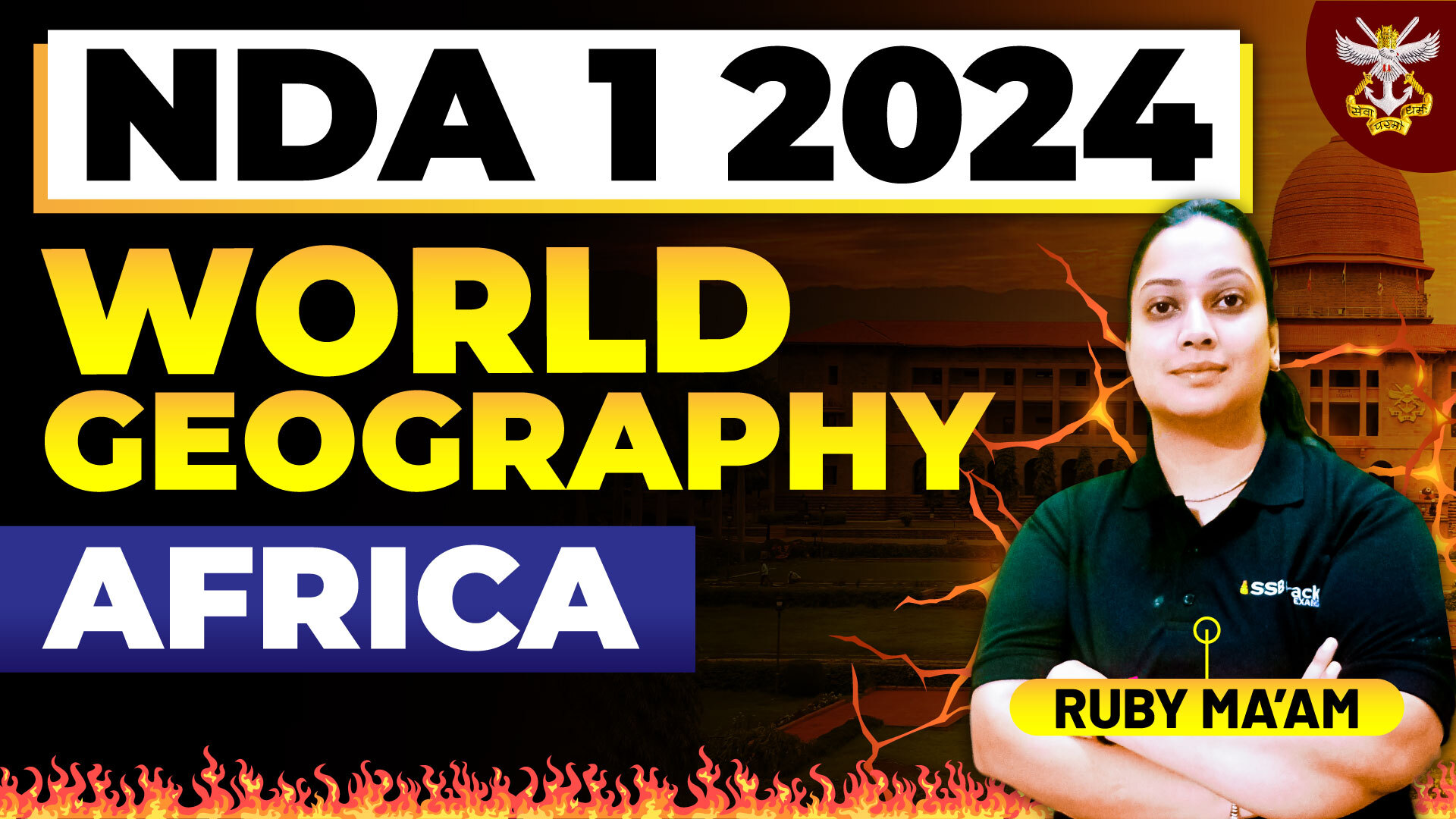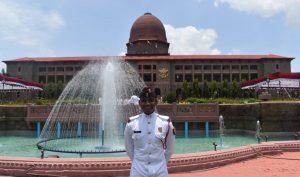Aspirants gearing up for the National Defence Academy (NDA) examination understand the importance of comprehensive preparation across various subjects. While subjects like mathematics, physics, and general knowledge are often given precedence, the significance of world geography, particularly the continent of Africa, cannot be overstated. In this article, we delve into why understanding Africa is crucial for NDA aspirants and how it can enrich their knowledge base and preparation strategy.
Understanding Africa: A Geopolitical Imperative Africa, the world’s second-largest and second-most populous continent, holds immense geopolitical significance. Its vastness, diverse cultures, natural resources, and geopolitical dynamics make it a focal point in global affairs. For NDA aspirants aiming to serve in the armed forces, comprehending Africa’s geopolitical landscape is essential for several reasons.
- Strategic Importance: Africa’s strategic location at the crossroads of major maritime routes, its proximity to Europe, and its abundant natural resources make it strategically vital. Understanding the geopolitical dynamics of Africa aids aspirants in analyzing potential security threats, formulating strategic alliances, and planning military operations, especially in the context of maritime security and counter-terrorism efforts.
- Peacekeeping Operations: African nations frequently host peacekeeping missions led by international organizations like the United Nations. NDA aspirants may find themselves deployed on peacekeeping missions in African countries, where knowledge of local geography, culture, and socio-political dynamics becomes indispensable for effective peacekeeping efforts.
- Counterterrorism and Insurgency: Several regions within Africa grapple with insurgent groups and terrorist organizations. From Boko Haram in West Africa to Al-Shabaab in the Horn of Africa, understanding the operational tactics, ideological motivations, and geographical strongholds of such groups is crucial for counterterrorism operations. NDA aspirants must be well-versed in Africa’s security challenges to contribute effectively to counterinsurgency efforts.
- Economic Opportunities: Africa’s burgeoning population, expanding middle class, and rich natural resources present significant economic opportunities. Indian armed forces, particularly the navy, often engage in maritime diplomacy and security cooperation with African nations. A nuanced understanding of Africa’s economic landscape enables NDA aspirants to identify potential areas for cooperation, trade, and investment, fostering stronger diplomatic ties.
- Humanitarian Assistance and Disaster Relief: Africa frequently faces humanitarian crises, including natural disasters, famine, and public health emergencies. NDA aspirants may participate in humanitarian assistance and disaster relief operations, where knowledge of Africa’s geography, infrastructure, and logistical challenges is indispensable for delivering timely and effective aid.
Preparing for Africa in NDA Examination: Incorporating Africa-related topics into NDA preparation can significantly enhance aspirants’ knowledge and analytical skills. Here are some strategies to effectively prepare for Africa-related topics:
- Comprehensive Study Material: Utilize textbooks, reference materials, and online resources covering Africa’s geography, history, politics, economy, and culture. Pay special attention to regions prone to conflict, natural disasters, and geopolitical significance.
- Current Affairs Analysis: Stay updated with recent developments and geopolitical trends in Africa through newspapers, magazines, and reputable online sources. Analyze how global events impact Africa’s security, economy, and socio-political landscape.
- Map-based Learning: Practice identifying African countries, capitals, major cities, rivers, mountain ranges, and key geographical features on maps. Familiarize yourself with strategic chokepoints, maritime routes, and conflict zones.
- Mock Tests and Previous Year Papers: Solve mock tests and previous year’s question papers to assess your understanding of Africa-related topics. Analyze the pattern of questions asked and focus on areas where you need improvement.
Conclusion: In the ever-evolving global landscape, Africa continues to play a pivotal role in shaping geopolitical dynamics, security challenges, and economic opportunities. For NDA aspirants, understanding Africa is not just about academic knowledge but a strategic imperative. By delving into Africa’s geography, history, politics, and socio-economic dynamics, aspirants equip themselves with the insights necessary to navigate complex global challenges and contribute meaningfully to national security and international peacekeeping efforts. As you prepare for the NDA examination, remember that mastering Africa is not just a part of the syllabus but an essential aspect of becoming a well-rounded and informed military leader.

















